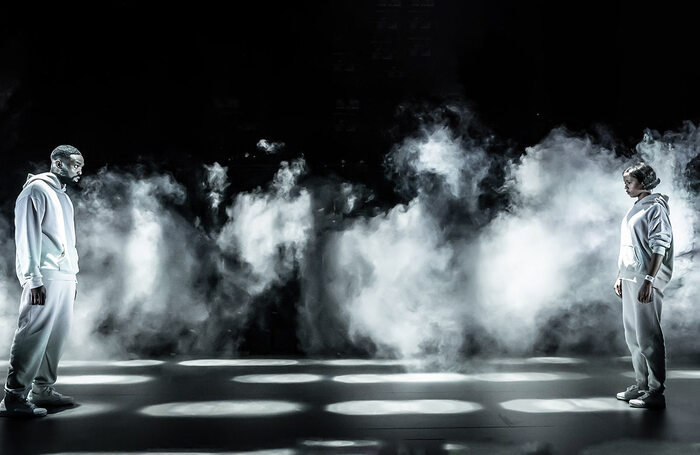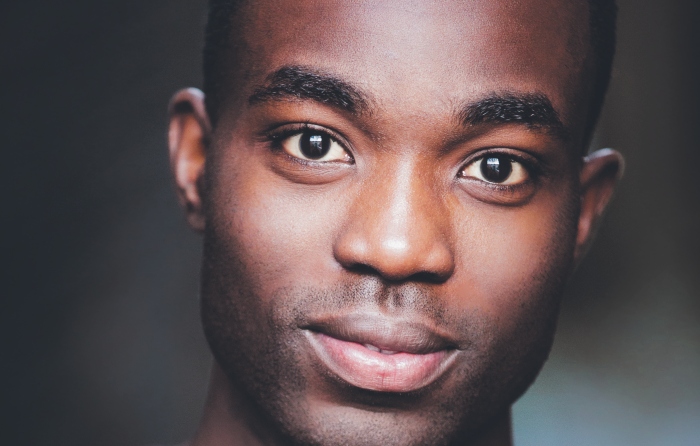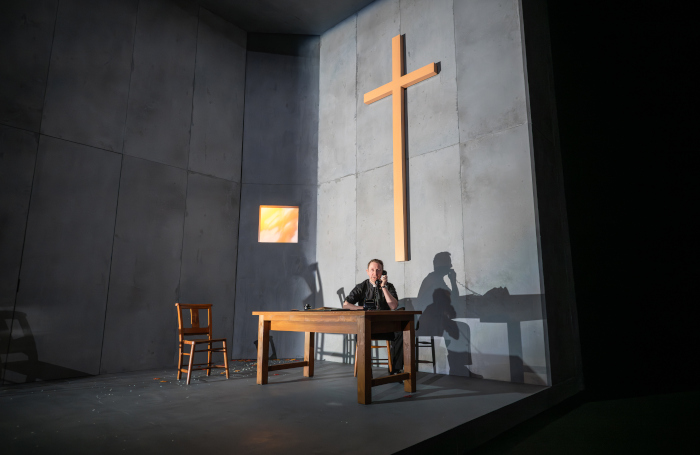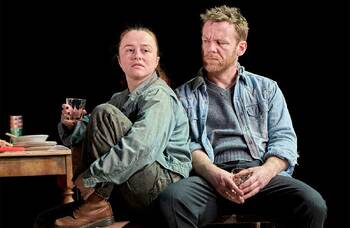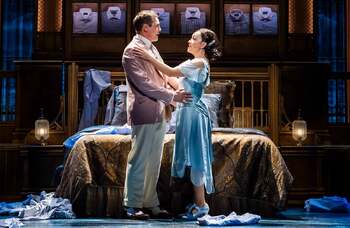The Effect review
Scorchingly intelligent staging probes the workings of head, heart and body, and the mysteries of the human condition
How do we go on with our finite little lives when the world is in flames? Is depression a rational response to calamity, or a pharmacologically fixable chemical imbalance? And what about love – thunderbolt connection of hearts, bodies and minds, or mere dopamine hit? Lucy Prebble – ingenious dramatist and writer of TV smash Succession – wields these questions with surgical skill in her play, set over the course of a clinical trial for a new antidepressant. First seen starring Billie Piper at the National Theatre in 2012, it returns in a production by Jamie Lloyd that is tender, thrilling and elegantly brutal.
Prebble has tweaked the text to allow for some up-to-date cultural references and subtly reshaped it around Lloyd’s staggeringly fine four-strong cast. Her writing is glittering and mercurial – it has wit and vividness, yet it’s also remorselessly clear-eyed. And there’s a compulsive, sweaty-palmed tautness about Lloyd’s staging, a sense of suppressed panic. It’s as if we are watching its experiment in real-time, and by the devastatingly open ending, as the damaged participants limp away, we feel almost appalled at ourselves for sitting by, enthralled voyeurs, at the spectacle of so much helpless suffering.
Lloyd splits the audience in two, a little like the left and right cerebral hemispheres. We’re seated on either side of a traverse stage that, designed by Soutra Gilmour and lit by Jon Clark, glows scorching white, and is otherwise bare aside from two chairs and a brain contained, with pungent irreverence, in a bucket. Slashing, laser-like beams and geometric spots contain and corral Paapa Essiedu’s Tristan, a rudderless Londoner and veteran of clinical trials, and Canadian psychology student Connie (Taylor Russell).
Continues...
Wearing white tracksuits, they’re like mice in a maze as they struggle to compute whether their growing attraction is real or drug-induced. Looking on from the perimeter, in black and dark bruise-blue, are medics Lorna (Michele Austin) and Toby (Kobna Holdbrook-Smith), who share their own emotionally complicated sexual history and hold diametrically opposed professional viewpoints: he’s an advocate of “mental hygiene”, using mood-altering (and lucrative) pharmaceuticals; she, herself a sufferer from depression, believes its cause and effects are less simple and less easily “cured”.
Essiedu’s flirty swagger, spiked with needling banter, masks self-doubt and neediness, while Russell, earnest and intellectually curious, is palpably drawn to his rule-breaking spontaneity. Watching their flickering romance contort into anguish is harrowing – Michael ‘Mikey J’ Asante’s music morphing from tentative thrums and ticks to euphoria, then frantic tachycardiac beats and oppressive discord. The purring self-satisfaction of Holdbrook-Smith’s Toby is clearly in part a product of artfully compartmentalised thinking – he’s forced to confront unpalatable possibilities by the increasingly apparent pain of Austin’s Lorna, whose depression, as she tartly points out, is laid over the daily draining ordeal of navigating the world as a working-class Black woman.
The preoccupation here is nothing less existentially weighty than free will and the human condition, yet both play and production are as effortlessly deft as they are astute. It’s the kind of theatre that lives with you, turning over in the mind long after the experiment ends.
More Reviews
More Reviews
Recommended for you
Most Read
Across The Stage this weekYour subscription helps ensure our journalism can continue
Invest in The Stage today with a subscription starting at just £7.99
